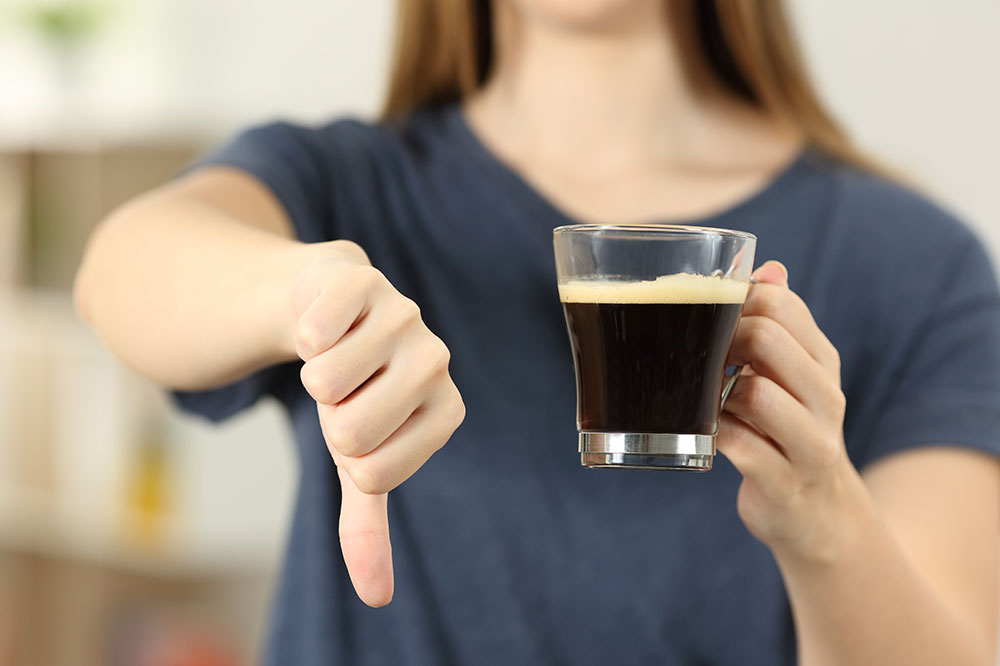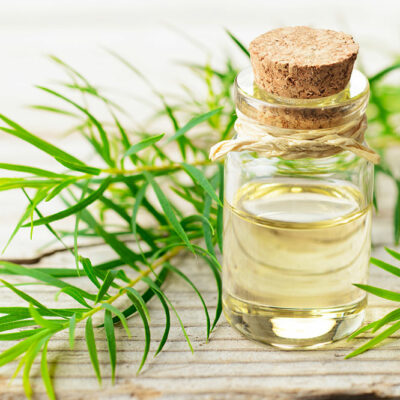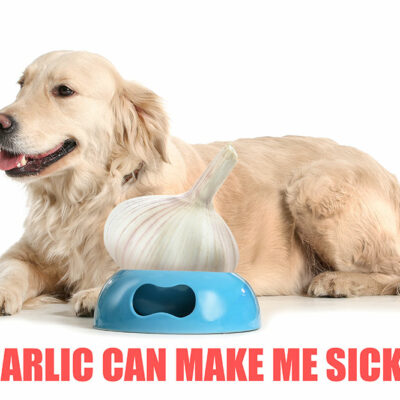
Overactive Bladder – Nutrition and Lifestyle Tips
Overactive bladder, also known as OAB, refers to the state of frequent urination urges. Overactive bladder causes a frequent and sudden urge to urinate, which is usually difficult to control. People with overactive bladder always feel like they need to pass urine many times, day and night. Further, they are also likely to experience unintentional loss of urine. It is possible to manage the symptoms of an overactive bladder. It can be done through a host of simple behavioral strategies, including dietary changes, timed voiding, and bladder-holding techniques.
Adoption of various nutrition and lifestyle regimens helps to fight the symptoms of overactive bladder. Across most cases, diet plays the needed supportive role towards control and prevention of the symptoms.
1. Monitor your fluid intake
Monitoring your fluid intake is the key. You can start doing it by keeping a fluid diary. Write down how much and when you drink during the day and make it a point to do it consciously. Try to decrease your daily or regular fluid intake by at least 25 percent. Avoid drinking fluid or too much water before your bedtime. But, ensure that you are not drinking less than one liter per day.
2. Say no to carbonated beverages
Carbonated beverages can trigger the symptoms of an overactive bladder. Try to avoid such drinks as much as possible.
3. Cut back on caffeine
In some cases, excessive intake of caffeine or caffeine-based drinks also leads to urinary urgency. It has been noted that people who cut back or avoid caffeine experience relief from their symptoms.
4. Limit alcohol
Though the evidence is limited, it is always recommended to cut back or cut out alcohol to see if symptoms improve.
5. Skip artificial sweeteners
Food and beverages containing artificial sweeteners are likely to increase urinary frequency and urgency. Some of these sweeteners include acesulfame K, aspartame, and sodium saccharin.
6. Opt for a vitamin-rich diet
Consumption of foods that are rich in vitamin C helps in controlling the symptoms of an overactive bladder. But, avoid supplemental vitamins as they can worsen the symptoms sometimes. Same way, vitamin D also helps. Some of the good sources of vitamin D include fish such as swordfish, salmon, tuna, and sardines. Further, intake of fortified milk, yogurt, and eggs also helps you maintain your vitamin D levels.
7. Bladder training
Work towards timing your trips to the bathroom. This is likely to help your bladder adjust to holding your urine for more extended amounts of time than usual.
8. Pelvic floor exercises
Also known as Kegels, pelvic floor exercise offers you better control over the start and end of urination.
In addition, consult a doctor about your symptoms. Your doctor will run a thorough examination of the symptoms and offer you specific recommendations. These recommendations are likely to include exercises to train your bladder and medications in some cases.


